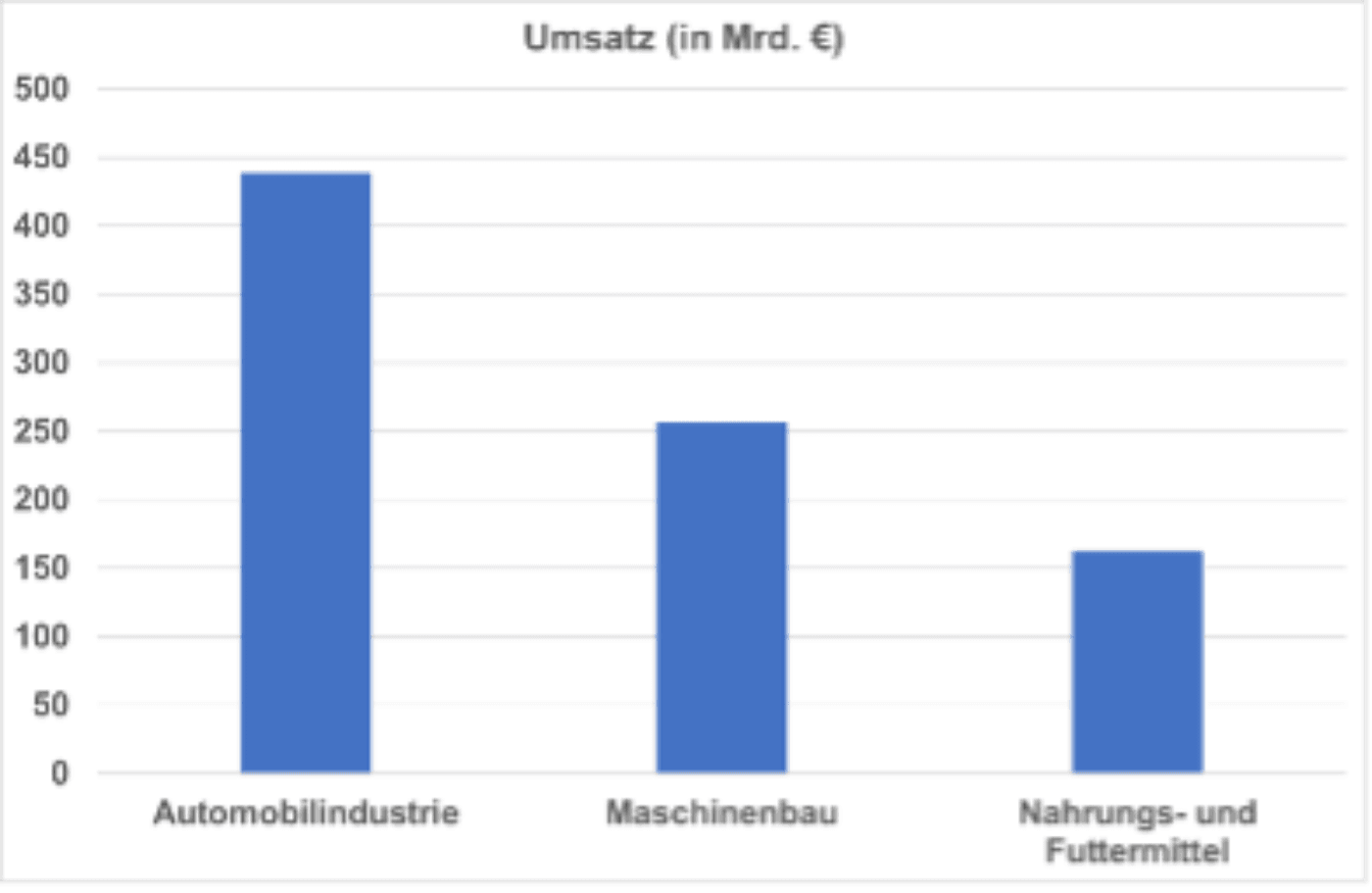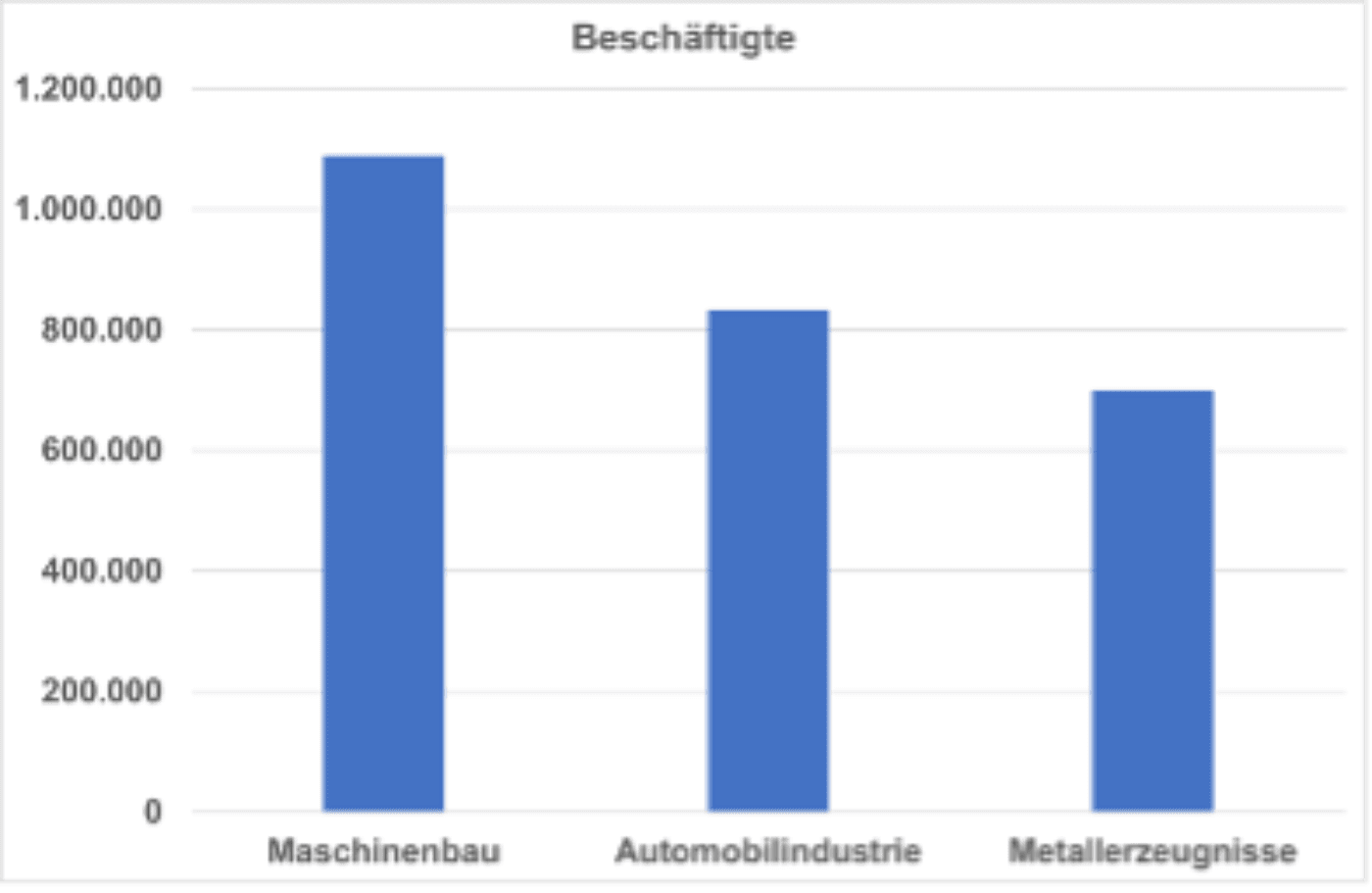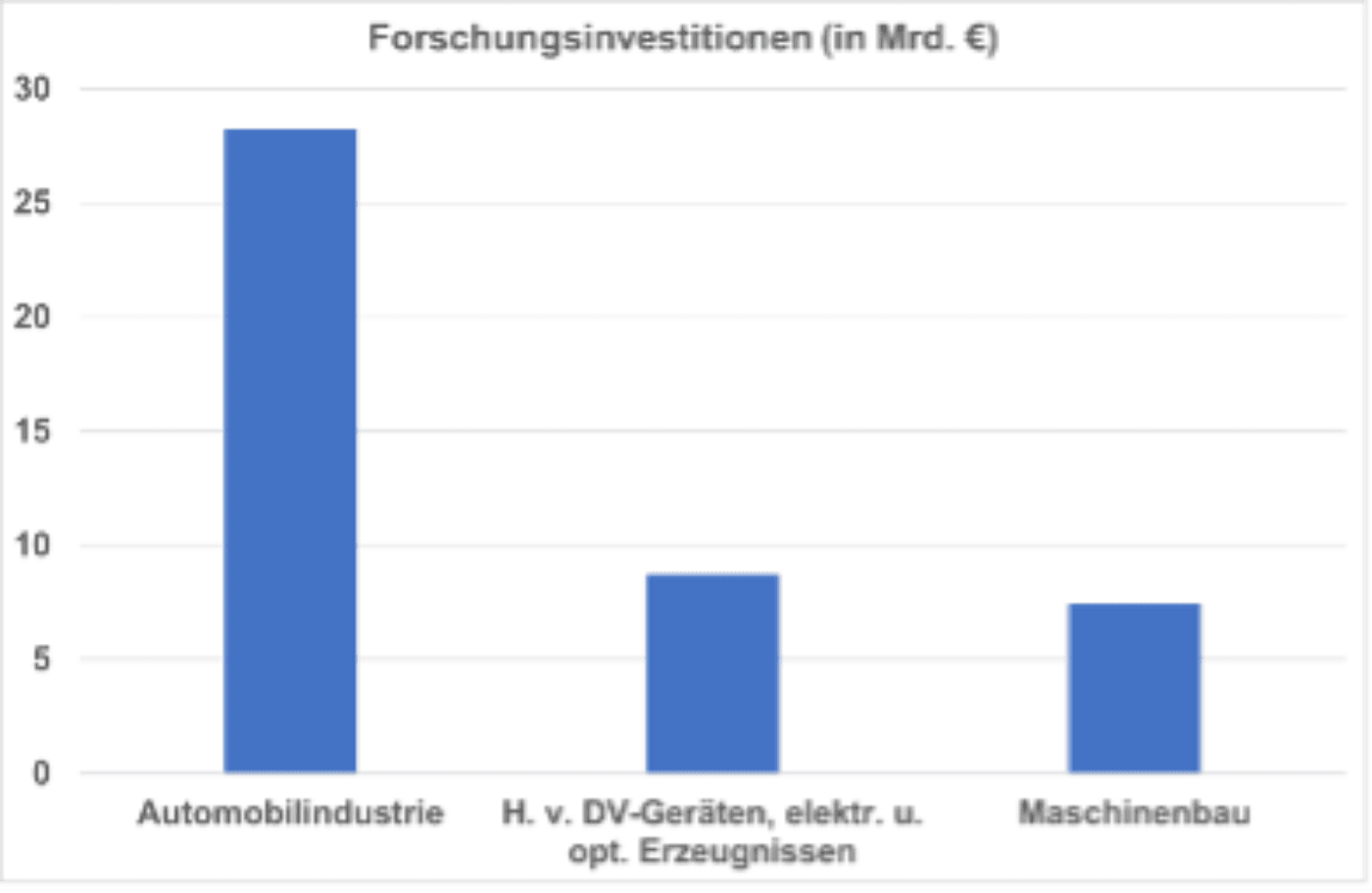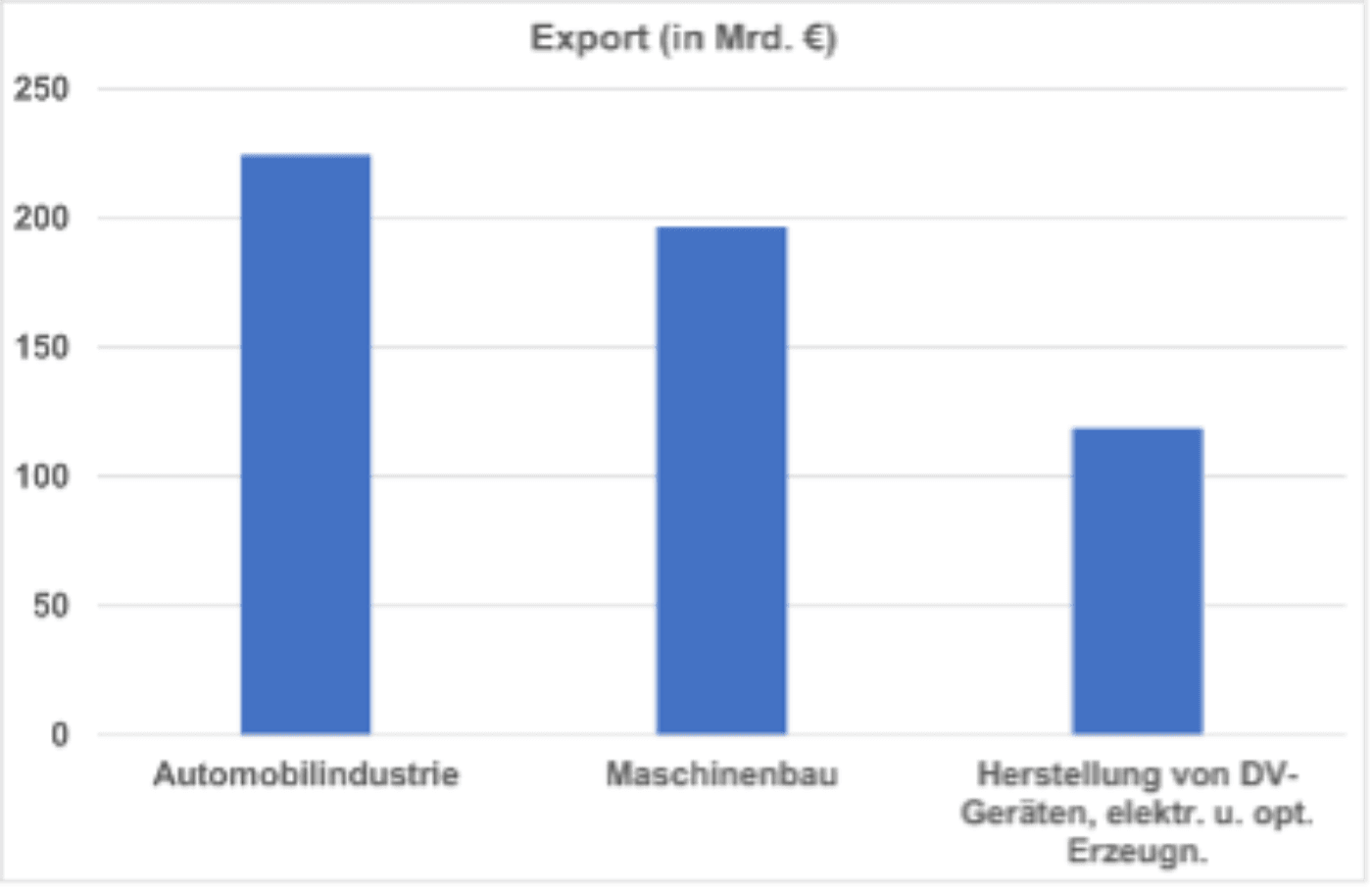
Automotive industry
Significance of automotive industry for Germany
The German automotive industry is one of the most innovative in the world - and thus in many respects the most important driver of the German economy.
- Topics
- Automotive industry
- Significance of automotive industry for Germany
Industrial sector with highest turnover
The German automotive industry is the heart of the country's economy. Of all the industrial sectors, it is by far the strongest in terms of turnover, research, and exports, generating prosperity, growth, and employment in numerous other sectors as well.
Traditionally, the automotive industry is by far the strongest industrial sector in Germany in terms of turnover. In the pre-coronavirus year of 2019, its turnover amounted to €438.8 billion (sales from domestic manufacturing). Far behind in second place is the mechanical engineering industry, with an annual turnover of €257 billion.

Driving employment for 833,000 workers
In 2019, the automotive industry employed 833,000 people in Germany. In this respect, it traditionally ranks second behind mechanical engineering, which had around 1,089,000 employees in 2019.

Employment impact on up- and downstream sectors
Due to the complexity of its upstream network, the automotive industry also generates added value and employment in numerous other economic sectors, such as metal products (bodies, powertrains), as well as rubber and plastic goods (e.g., tires), but also in the services sector, such as economic services (e.g., congress organizers), legal/tax and business consultancies, or security services. Employment in these sectors, which is attributable to the automotive industry, amounts to around 660,000 employees.
Added to this are 640,000 employees in the downstream economic sectors of automotive trade and aftermarket (maintenance and repairs).
Well above-average pay
Employees in the automotive industry are also well paid for their good work. In the manufacturing sector as a whole, average gross annual earnings of €54,718 (2019) are well above the overall average. Taking just the automotive industry, average gross annual earnings are €71,261. Accordingly, employees in the automotive industry also pay far above-average contributions in terms of state tax and social security.
Sector with the most research
The automotive industry is also by far the most research-intensive sector in Germany. In 2019, it invested €28.253 billion in its own R&D, equivalent to 37% of the R&D expenditure of the entire German economy. The "manufacture of data processing equipment, electronic and optical products" sector is a long way behind in second place, with an R&D expenditure of €8.721 billion.

Strongest exporter
The automotive industry also ranks first in Germany's exports, with motor vehicles traditionally the country's most important export. In 2019, vehicles worth €225 billion were exported all over the world, accounting for just under 17% of total German exports.

Division Economic Policy & Taxation
Dr. Volker Schott
Expert Macroeconomic cycle, Economic analyses